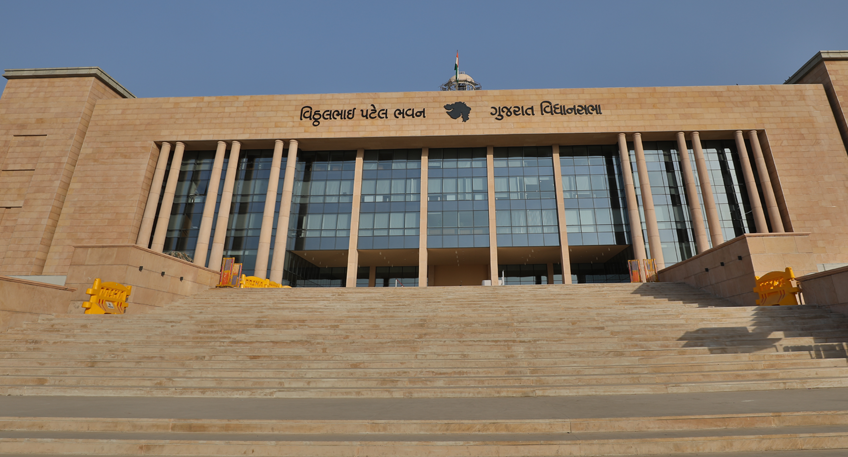With state assembly elections around the corner, the Gujarat government is mulling coming up with a law that would help legalise buildings that are yet to be given building use (BU) permission.
The law—referred to as an impact fee law—follows the Gujarat Regularisation of Unauthorised Development Act 2011 (GRUD Act) under which illegal construction could be legalised by paying a fee. This Act was introduced for a short period just ahead of the state assembly elections in 2012. The AMC had begun the process of regularising buildings after charging an ‘impact fee’. Since then, the law has seen seven extensions.
The process saw 1.26 lakh illegal constructions being regularised of the 2.43 lakh property owners who applied under the act. The AMC collected Rs 349.16 crore in impact fees. The process was a failure as 32 per cent of the properties in Ahmedabad city and 35-38 per cent of the properties across urban Gujarat do not have BU permission yet and are illegal.
The new law will be a tad different from the previous GRUD Act. One of the mainstays of the new law will be that properties that have 20-30 per cent parking violations will be allowed to apply for legalisation unless there is an objection from neighbouring dwellers. “The idea is that an illegal construction should not be a public nuisance. An onsite inspection will be carried out too,” said a senior urban development department official. Also, dwellings which violate up to 20 per cent margin space will be allowed to apply under the new law. The new law seeks a nod from the community or residential society before legalising the illegal construction.
The draft law is likely to be tabled in the state assembly during the monsoon session in September.
A three-month sample survey of 8,320 buildings was conducted across the state. After the survey, the urban development department concluded that almost 35 per cent of the structures were without BU permissions. This included residential, commercial, high-rises, and special category buildings such as hospitals.
BU permissions were not granted to the building for a number of reasons, such as the addition of floors, change of purpose of the buildings, and change of jurisdiction. In Ahmedabad, 2,160 buildings were surveyed within civic limits, 5,600 within the eight municipal corporations, and about 560 under the urban development authority limits. Of these, 32 per cent of the 1,050 buildings surveyed did not have BU permissions and nearly 55 per cent of hospital buildings had no BU permissions.
Also Read: AUDA Seeks To Acquire Land For Building Infrastructure For Olympic 2036












